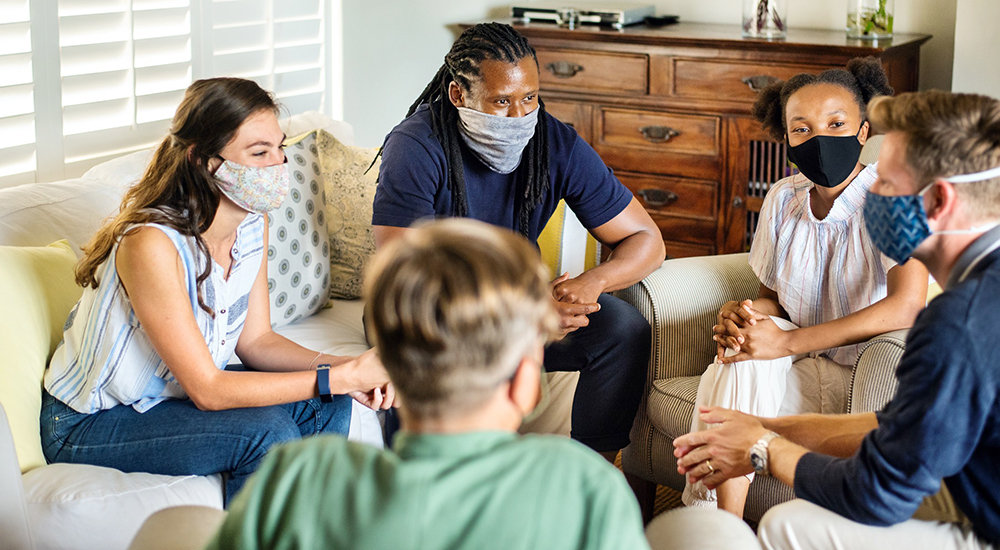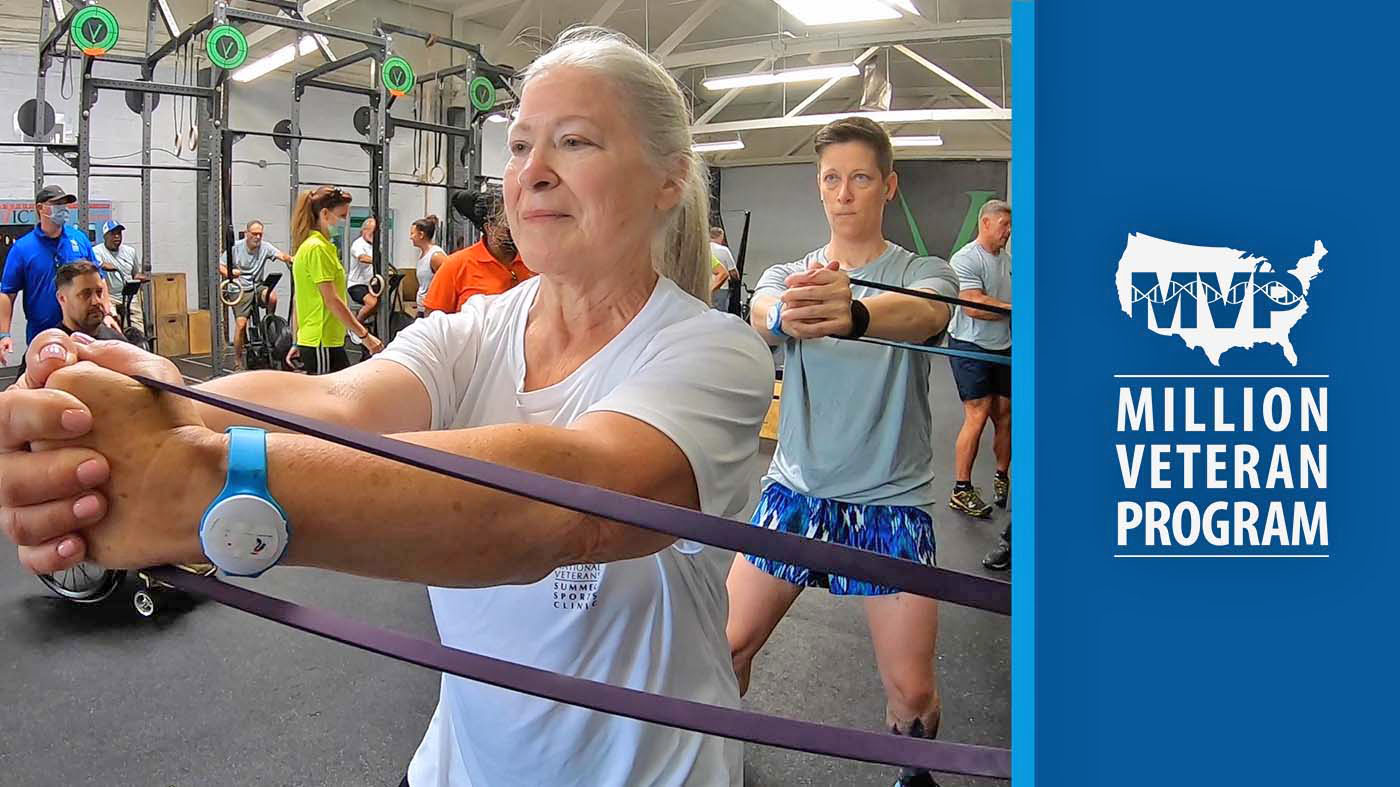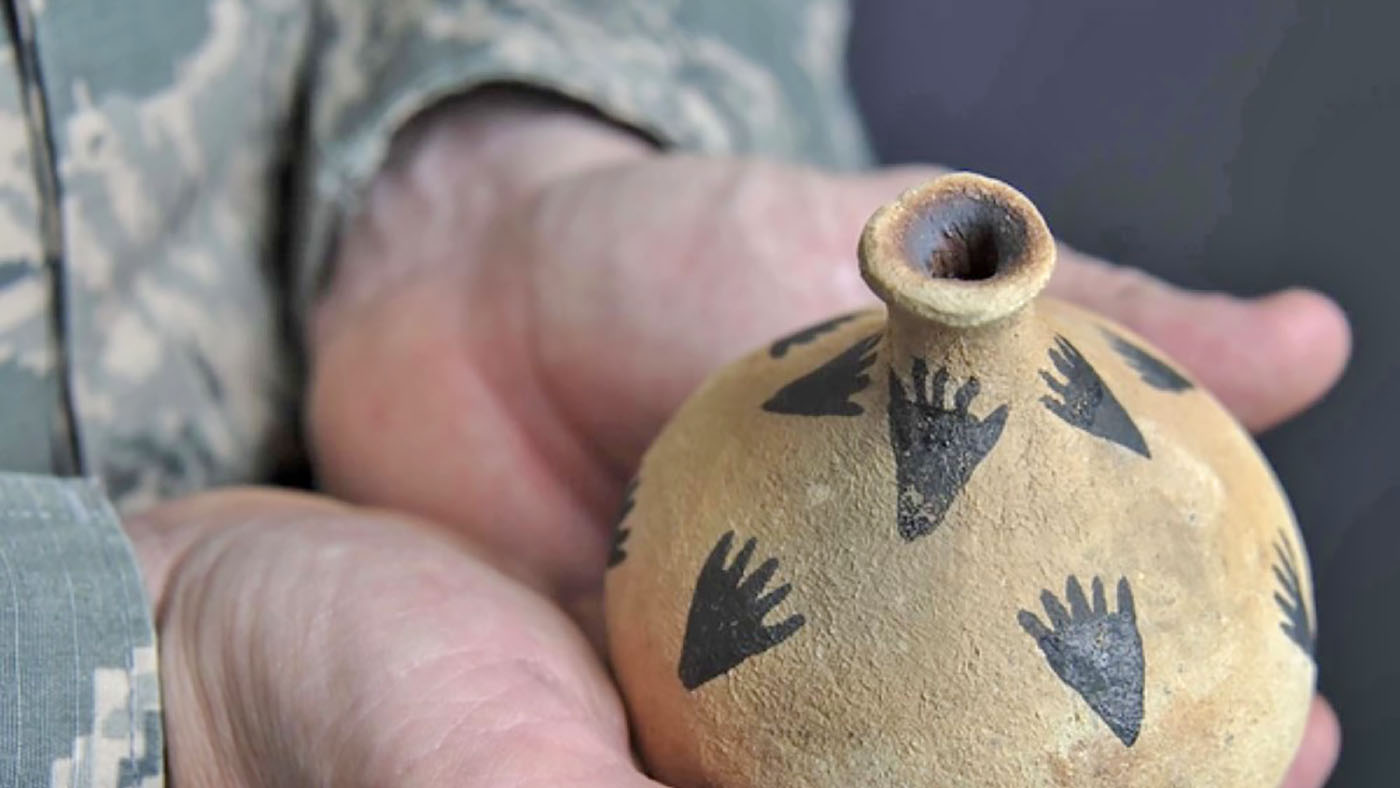As VA’s oldest health care programs, the Domiciliary Care Programs continue to meet the needs of Veterans. They are known today as the Mental Health Residential Rehabilitation Treatment Programs, and they provide intensive 24/7 services in a home-like residential setting for Veterans working toward recovery from mental health and substance use concerns who might also need support for housing, employment and other psychosocial needs. There are currently over 250 of these programs across the county.
Providing trauma-informed, Veteran-centered care is a core tenet of the residential programs’ guiding principles. Over 40 of these programs exclusively provide PTSD treatment and several others have separate tracks for PTSD treatment, too.
VA has a broad continuum of PTSD care options. PTSD residential programs are just one of many treatment choices. PTSD residential programs and tracks provide gold standard, trauma-focused psychotherapies for PTSD.
Although these effective therapies are available in traditional outpatient settings and by telehealth, some Veterans have found the additional professional and peer support as well as the highly structured environment offered by the residential programs to be important for their recovery.
Focus on whole health along with PTSD treatment
The 24/7 structure and support of the programs allows for a focus on the whole health of a Veteran in conjunction with intensive PTSD treatment and can maximize opportunities for success as well as overall health and well-being.
In March and April of 2020, during uncertainty about COVID-19, some of the residential programs temporarily closed. However, today most of the programs are open and serving Veterans. The programs are taking precautions to ensure the safety of Veterans, their families and staff members.
A Veteran who recently completed the PTSD residential program at the Coatesville VA Medical Center in Pennsylvania said it well: “These times were hard for all involved for many reasons, but you made it work. Thank you.”
During a typical day, Veterans may participate in trauma-focused therapies, educational groups, whole health focused activities – like yoga and mindfulness – and recreational activities, such as fishing and going to the gym. The availability of specific services varies by site.
Programs are working all the time to find creative ways to deliver high quality care that meets the needs of Veterans and is proven to work. Helping Veterans engage in treatment – making care available and accessible – is part of the solution.
Virginia VA offers briefer program
For example, staff at the Salem VA Medical Center PTSD residential program recently have introduced a briefer 2- to 3-week program that allows Veterans to complete treatment more rapidly, reducing the time away from work, family and friends.
The Mental Health Residential Rehabilitation Treatment Programs have helped many Veterans reach their treatment, recovery, professional and personal goals, and they welcome the opportunity to serve you.
If you would like to know more about PTSD residential treatment and which programs may be available within your Network, contact your provider or your local VA Medical Center.
Topics in this story
More Stories
MVP’s research informs personalized care for Veterans, supporting whole health and beyond.
More than 4,000 American Indian/Alaska Native Veterans have been approved for the copayment exemption and we're here to help you apply for yours, too.
The screening is an important conversation with your VA health care provider. Here’s the reality behind common misconceptions.






